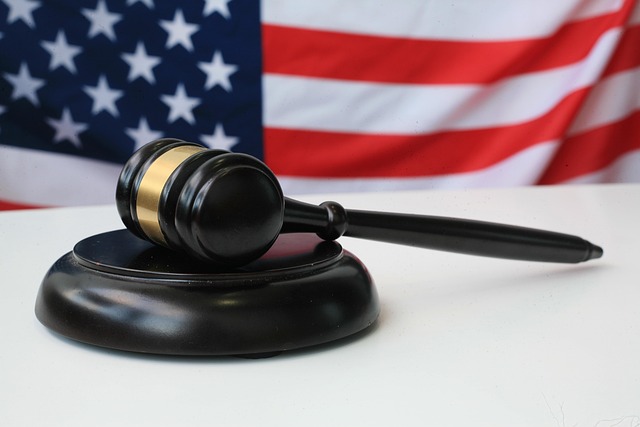Plea bargaining significantly reduces sentencing severity in criminal justice systems by allowing defendants to plead guilty to lesser charges or accept negotiated sentences, mitigating prison terms or avoiding incarceration. This process benefits prosecutors and judges by easing caseloads, leading to increased efficiency, reduced backlogs, and improved resource allocation. Key factors influencing plea deal outcomes include the nature of the crime, prior history, and cooperation with prosecutors, who might dismiss charges for exceptional assistance, especially in white-collar cases.
In the complex landscape of litigation, understanding plea bargaining—a critical aspect of criminal justice—is essential. This process, where defendants negotiate guilty pleas in exchange for reduced sentences, significantly influences sentencing severity. The article delves into the intricate steps of plea bargaining, examining its impact on both defendants and prosecutors. We explore factors like negotiation tactics, legal strategies, and case strength that shape plea deal outcomes, providing insights into how this mechanism can either mitigate or enhance sentencing severity.
- Understanding Plea Bargaining Process
- Impact on Sentencing: Leniency or Harshness?
- Factors Influencing Plea Deal Outcomes
Understanding Plea Bargaining Process

Plea bargaining is a critical aspect of criminal justice that involves a defendant pleading guilty to a lesser charge or accepting a negotiated sentence in exchange for avoiding trial. This process offers a more efficient and potentially less severe outcome compared to lengthy jury trials, which can significantly impact sentencing severity. By entering into a plea bargain, defendants can often secure reduced penalties, including shorter prison sentences or even probation, thereby mitigating the overall consequences of their charges.
The impact of plea bargaining on sentencing severity is far-reaching, as it allows both prosecutors and judges to manage caseloads more effectively. Across the country, courts have recognized the benefits of this process in achieving extraordinary results—reducing backlog, expediting justice, and ensuring resources are allocated efficiently. The flexibility offered by plea bargaining enables stakeholders to focus on cases that warrant the most stringent punishments while offering alternatives for less serious offenses, fostering a balanced approach to criminal justice.
Impact on Sentencing: Leniency or Harshness?

The outcome of a litigation case can significantly shape the sentencing phase, especially when plea bargaining is involved. Plea bargaining, a strategic process where defendants negotiate guilty pleas in exchange for reduced charges or sentences, plays a pivotal role in determining the severity of punishment. This negotiation dynamic often results in more lenient sentences compared to what might be imposed after a jury trial.
In scenarios where corporate and individual clients are concerned, understanding the plea bargaining impact on sentencing is crucial. The strategy can prove instrumental in winning challenging defense verdicts, as it allows for a more controlled outcome. However, the trade-off lies in accepting a lesser charge or punishment in exchange for avoiding the uncertainty and potential harshness of a jury trial.
Factors Influencing Plea Deal Outcomes

The outcome of plea deals is influenced by a multitude of factors. One key aspect is the impact on sentencing severity. Courts often consider the potential sentence if the defendant goes to trial versus the reduced sentence offered through a plea bargain. This balance between the prosecution’s interest in securing a conviction and the defendant’s desire for leniency plays a significant role.
Additionally, the nature of the crime, prior criminal history, and cooperation with prosecutors can sway the decision. In the case of white-collar and economic crimes, an unprecedented track record of cooperation and acceptance of responsibility might lead to a complete dismissal of all charges. However, each case is unique, and these factors must be carefully evaluated by both parties to reach a mutually agreeable plea deal.
Plea bargaining is a critical aspect of criminal justice, offering a path towards resolution that can significantly impact sentencing severity. By understanding the plea bargaining process and the various factors at play, legal professionals can navigate these negotiations effectively. This, in turn, influences the outcome for both defendants and victims, ensuring a balanced approach to justice within the court system. The complex relationship between plea bargains and sentencing highlights the need for a nuanced discussion on this topic, especially in light of its profound effects on individuals’ lives.






